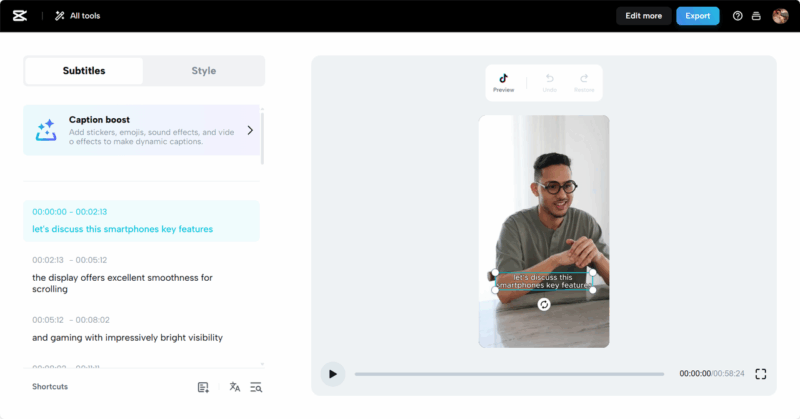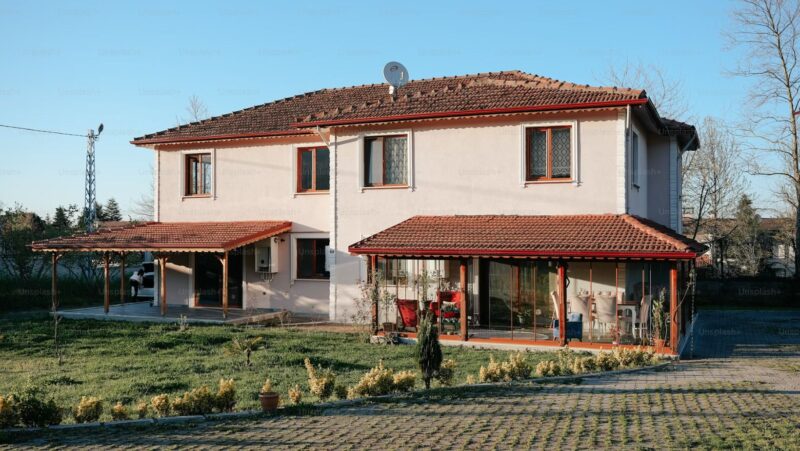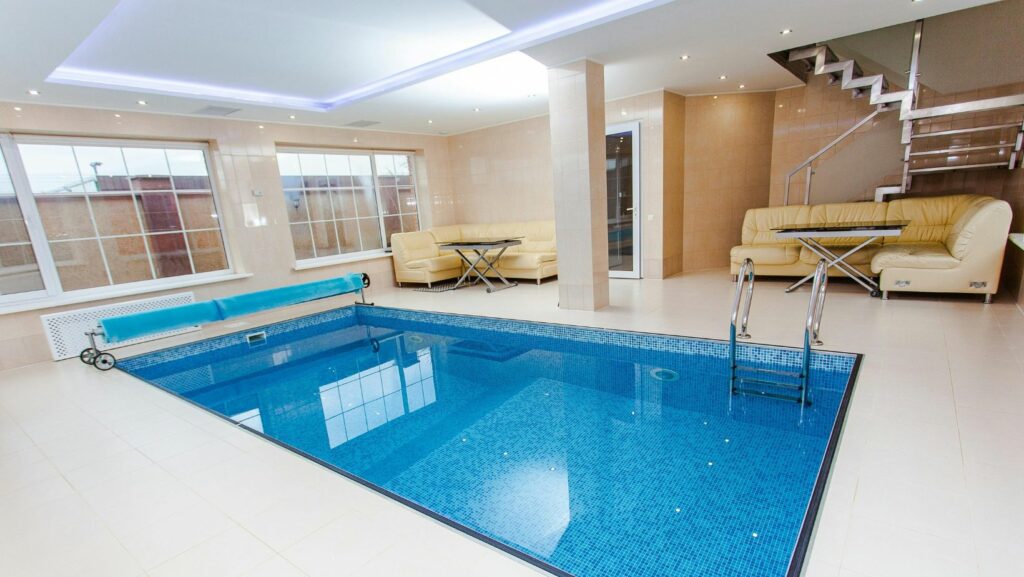
Efficiently managing your pool’s energy consumption can lead to significant savings. By making a few adjustments and choosing energy-efficient options, you can reduce your environmental impact and electricity bill. Follow these practical tips to optimize your pool’s energy usage.
Owning a pool comes with the responsibility of maintaining it efficiently. One key aspect of pool maintenance is managing energy consumption. By implementing the right strategies and utilizing services like Splash Mob Pools, you can enjoy your pool while keeping energy costs down.
Upgrade to an Energy-Efficient Pool Pump
An outdated pool pump can be one of the largest electricity consumers in your home. Upgrading to an energy-efficient pool pump is a smart move. These pumps use advanced technology to circulate water more effectively, using less power. Modern variable-speed pumps can save considerably on energy costs compared to traditional single-speed pumps. Not only do they reduce your electricity bill, but they also extend the lifespan of your pool equipment by making it operate more smoothly.
Consider the size of your pool when choosing a pump – an oversized pump wastes energy, while an undersized one strains to keep up with demand. Consulting with a pool professional can help determine the optimal pump size for your specific pool configuration.
When transitioning to an energy-efficient pump, it’s also worth considering the installation of a timer or automated control system. These devices allow you to program your pump’s operation times, ensuring it runs only when necessary. For instance, you can set the pump to operate during off-peak electricity hours or adjust its schedule based on pool usage patterns. Some advanced systems even incorporate sensors that detect factors like water temperature and chemical levels, automatically adjusting pump operation for optimal efficiency.
By fine-tuning your pump’s runtime, you can significantly reduce energy consumption without compromising water quality, saving hundreds of dollars annually on your energy bills.
Optimize Your Pool’s Filtration System
Your pool’s filtration system is crucial in keeping the water clean and safe for swimming. However, continuously running the filter can significantly drain energy resources. To optimize efficiency, consider running the filter during off-peak hours when electricity rates are lower. Additionally, maintaining the filter’s cleanliness will ensure it operates at peak efficiency, reducing unnecessary strain on the system and lowering energy costs.
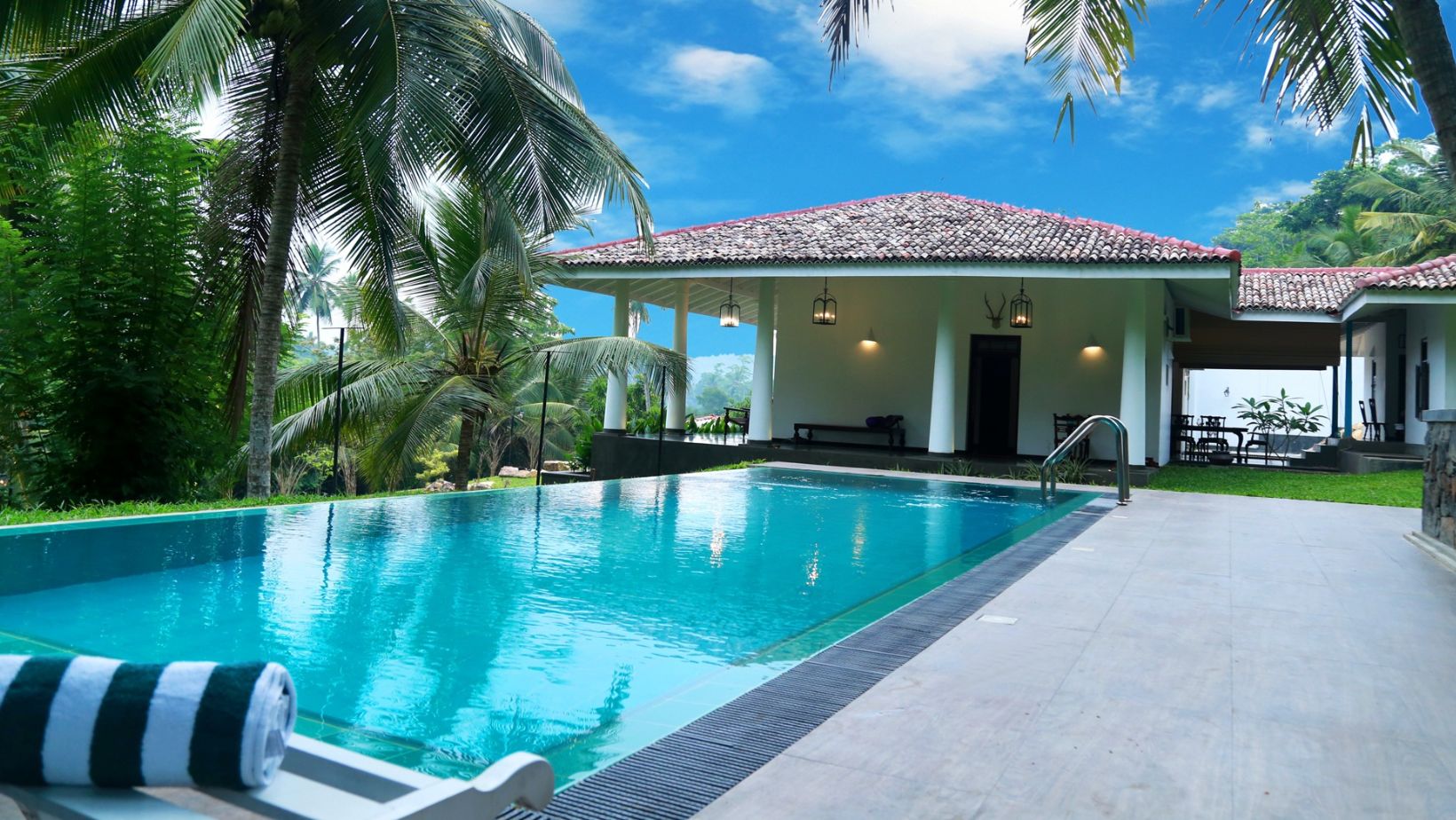
Another way to optimize your pool’s filtration system is by implementing a smart pool controller. These devices allow you to automate and fine-tune your pool’s operation schedule, adjusting filtration times based on usage patterns, weather conditions, and water quality. Some advanced controllers even integrate with smartphone apps, allowing you to monitor and control your pool’s systems remotely. By managing filtration cycles, you can ensure your pool remains clean while minimizing unnecessary energy consumption.
Regularly checking and maintaining proper chemical balance in your pool water can also reduce the workload on your filtration system, further contributing to energy savings.
Utilize a Pool Cover
A simple yet effective way to save on pool energy costs is by using a pool cover. Pool covers help retain heat, reducing the need for constant heating during cooler months.
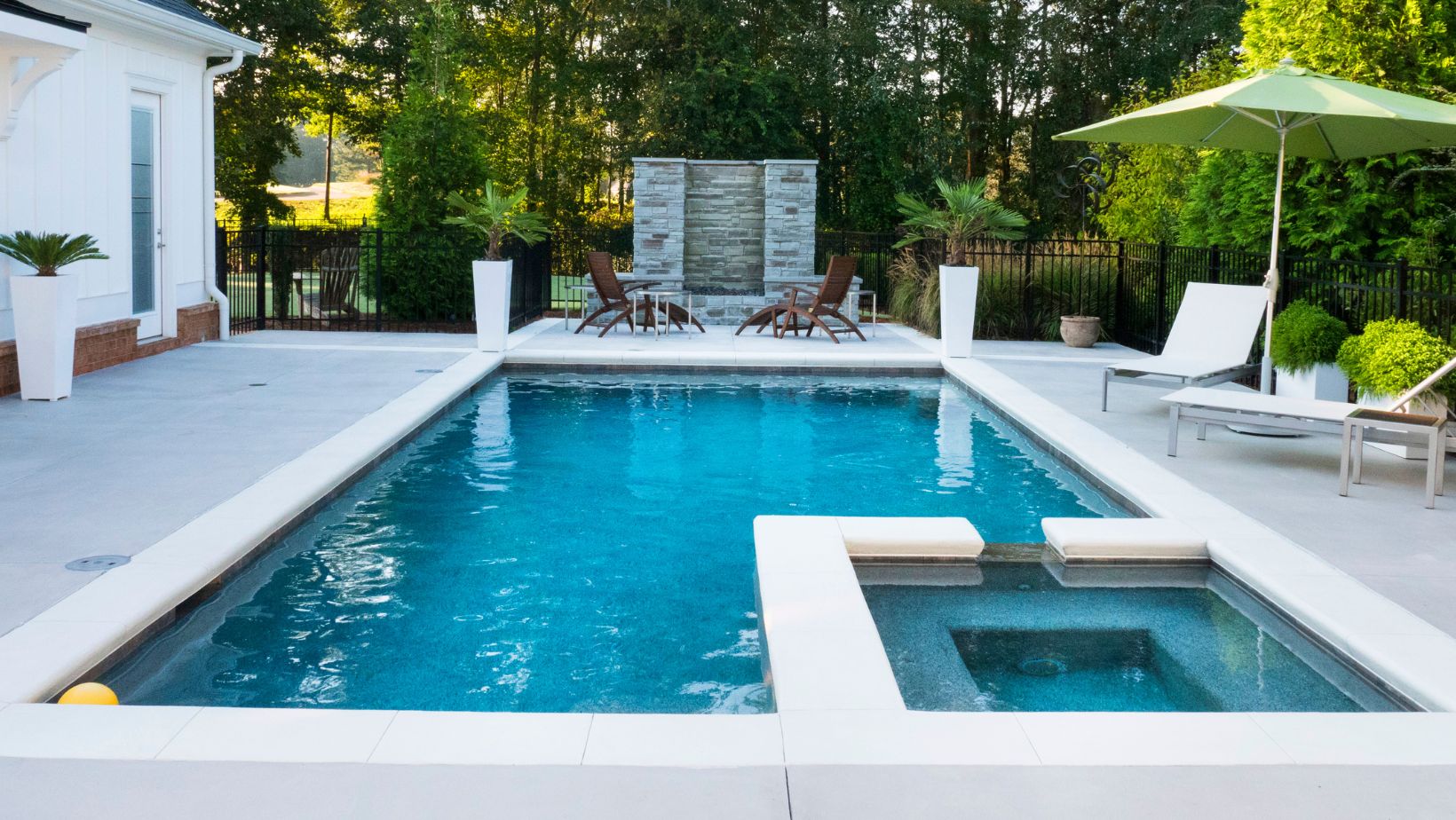
They also minimize water evaporation, so you’ll spend less refilling your pool. What’s more, by keeping debris out of the water, covers reduce the workload on your filtration system, contributing to overall energy savings.
Consider Solar Heating Options
Solar heating is an environmentally friendly and cost-effective solution for maintaining a comfortable swimming temperature. Solar panels can be installed on your roof or in another sunny location to harness free solar energy. This approach reduces reliance on traditional heating methods and contributes to lower utility bills over time. While an initial investment is required for installation, the long-term savings and environmental benefits make it a worthwhile consideration.







